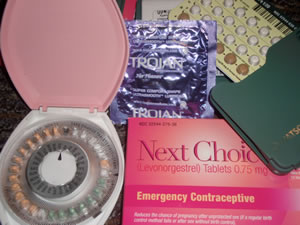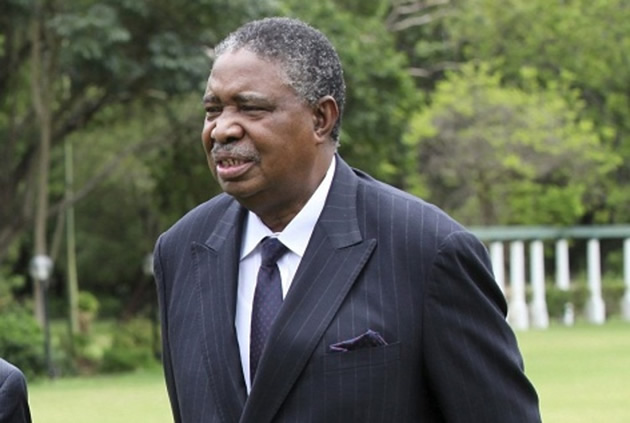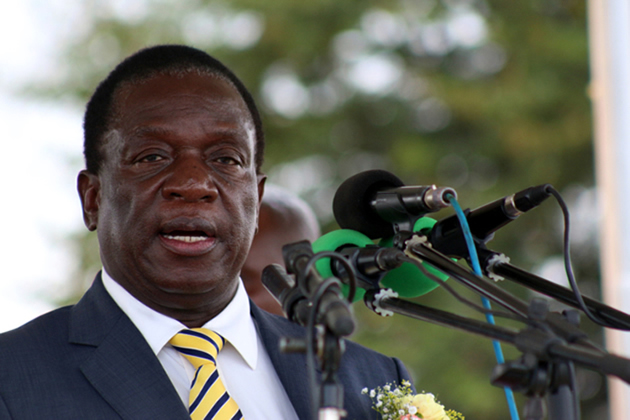Mixed reactions to contraceptives call

 Lloyd Gumbo Senior Reporter
Lloyd Gumbo Senior Reporter
Zimbabweans have expressed mixed feelings about calls for pupils who are at least 16-years-old to be given contraceptives to protect them from maternal mortality. Medicines Control Authority of Zimbabwe director-general Ms Gugu Mahlangu told a Parliamentary Portfolio Committee on Tuesday that teens aged 16, sometimes below, were already sexually active and as such were exposed to early pregnancies that could result in complications leading to death.
But educators, youths and women representatives as well as pupils themselves have divergent views on the subject. Director of the Re-opening Opportunities for Transformation Support (Roots), Ms Beatrice Savadye supported the call saying pupils stood to benefit. “If you look at the statistics, you will see that a lot of teenage pregnancies and sexually transmitted infections are actually on the increase which is clear evidence that these pupils are sexually active,” she said.
“So, it is important that instead of hiding behind the finger of culture and morals while our young people perish will not help us. We need to inform them and facilitate that they are protected.” Students who spoke to The Herald said while allowing them to contraceptives was considered taboo, they actually needed them.
“Some of our colleagues dropped out of school because they fell pregnant,” said a Harare Girls High pupil. “I know it’s weird, but pupils are actually indulging, so it would be important to protect them. Those who want contraceptives must be allowed to take them while those who have no use for them, do not need to bother.”
Another pupil from Queen Elizabeth added: “We know we are here to learn but some senior students are indulging. We have to be realistic, pupils are having sex and unfortunately, some of it is unplanned so some of them end up falling pregnant.” Zimbabwe National Youth Council public relations manager Mr Tanzikwa Guranungo said they were against the idea.
“This is a harmful social practice among children and youths, so giving them contraceptives is more like promoting early sexual activity and marriages among children,” he said. “Charity begins at home, so parents and guardians should monitor their children.
“During the 22nd Session of Child Parliament in June, they debated thoroughly against contraceptives. They spoke highly against this idea, so we say no to this idea of giving contraceptives to teenagers because it may lead to increased pregnancies and STIs.”
A headmaster, Mr Robert Mhlanga, said it was important to find ways of stopping pupils from engaging in sexual activities than giving them contraceptives. “The fear of the Lord is the beginning of knowledge,” he said. “We cannot be practical with 16-year-olds as they are minors. “People can argue that they are doing it, but instead of debating how to stop such acts, we talk of contraceptives for minors. No to contraceptives to minors, but total discipline from home, society, church and school.”









Comments